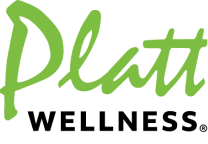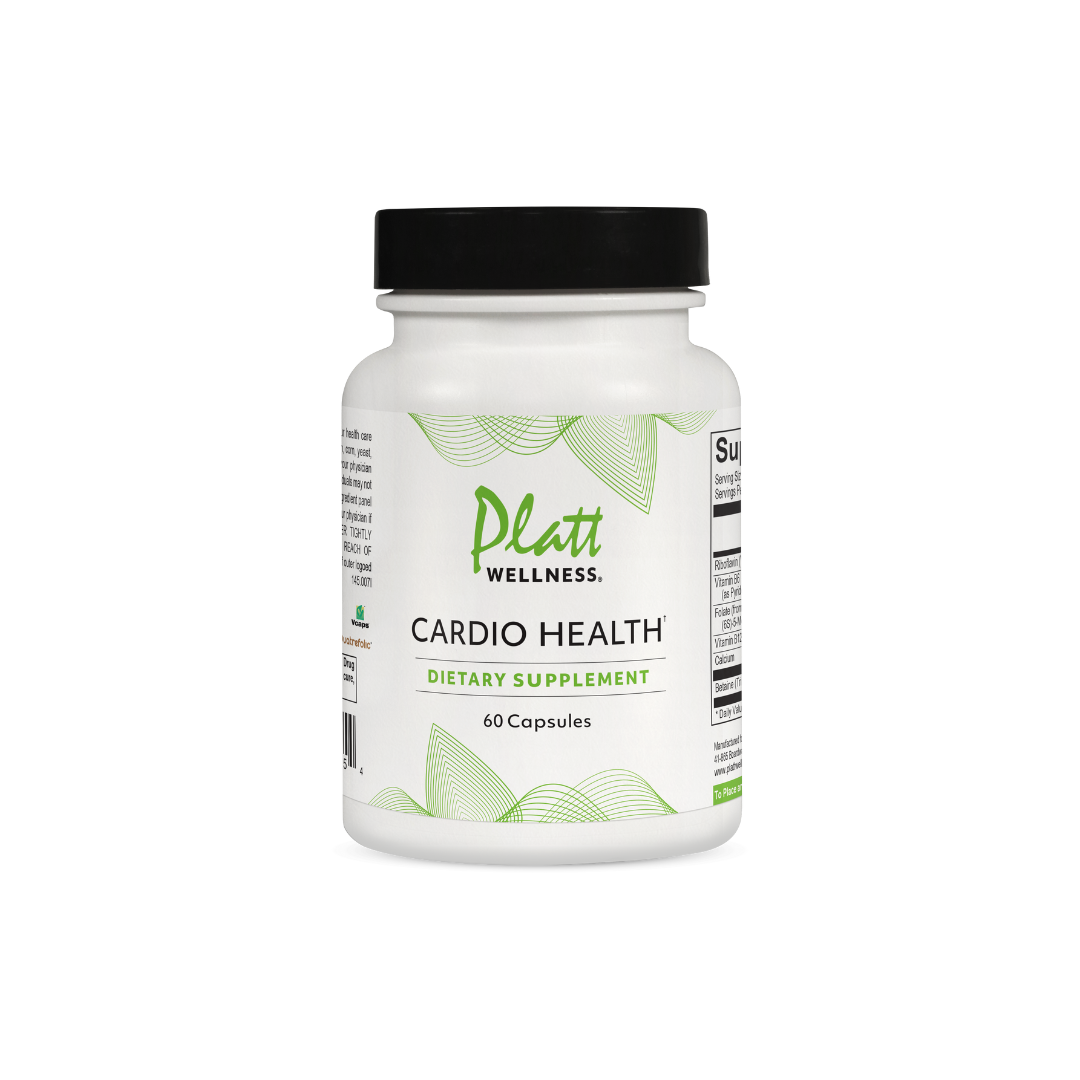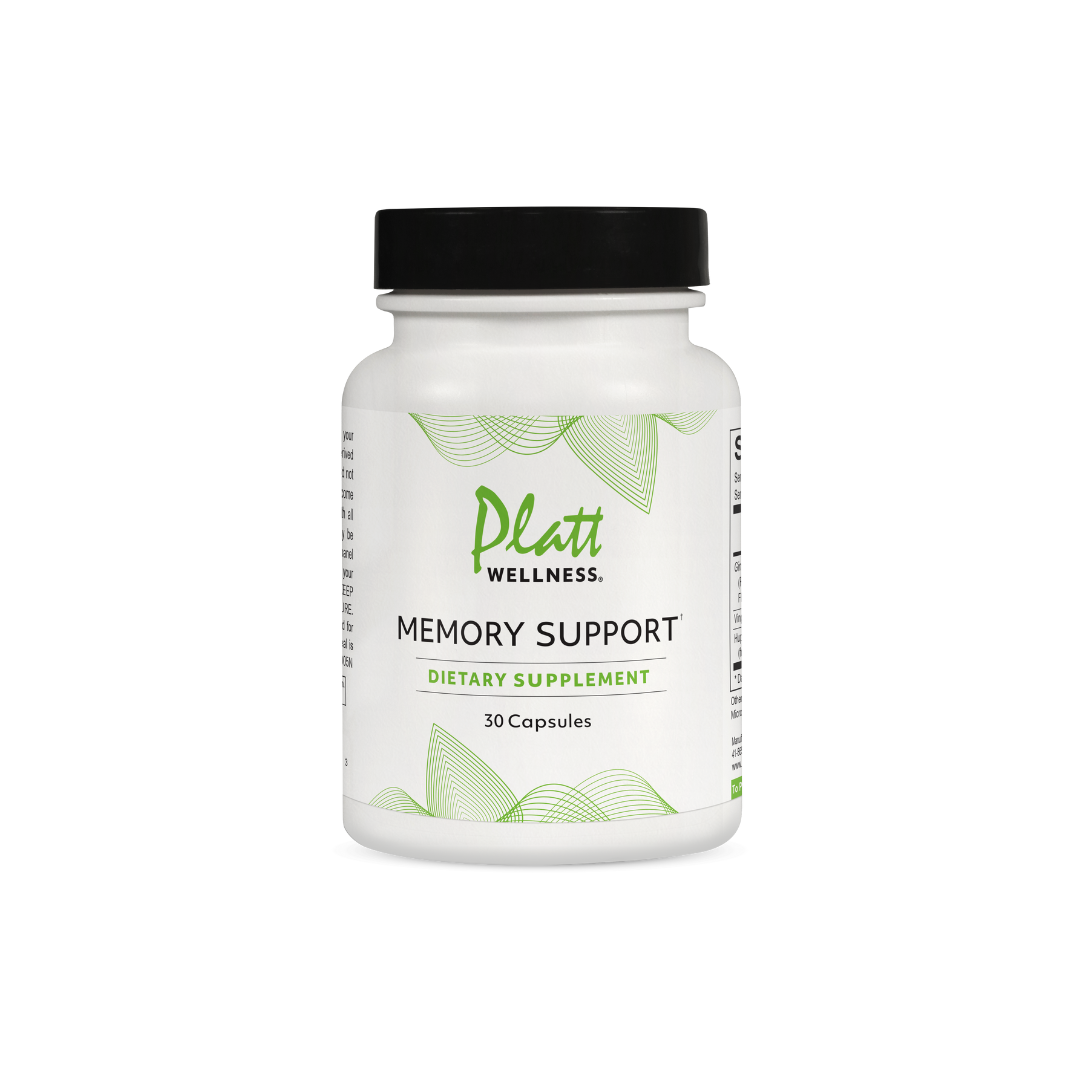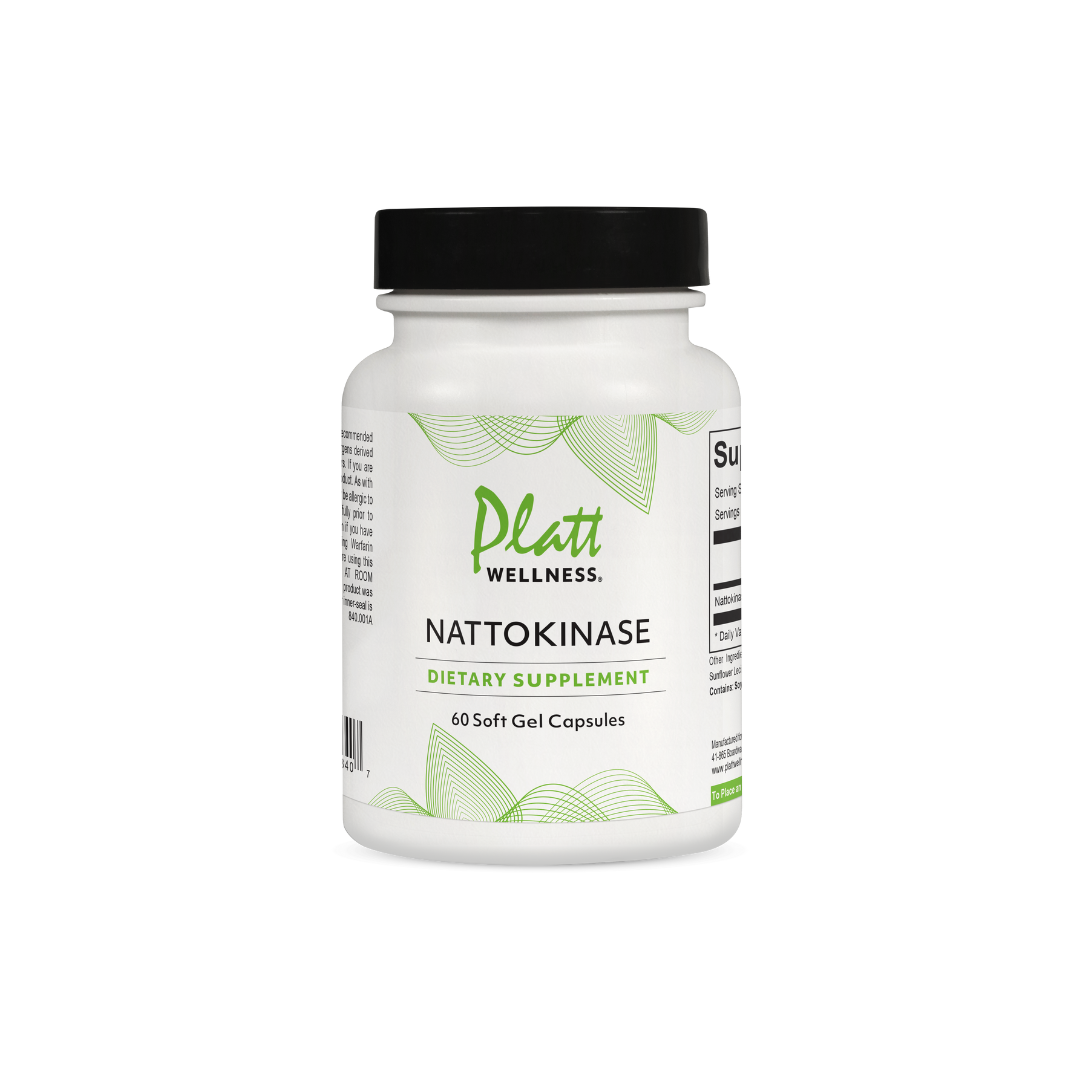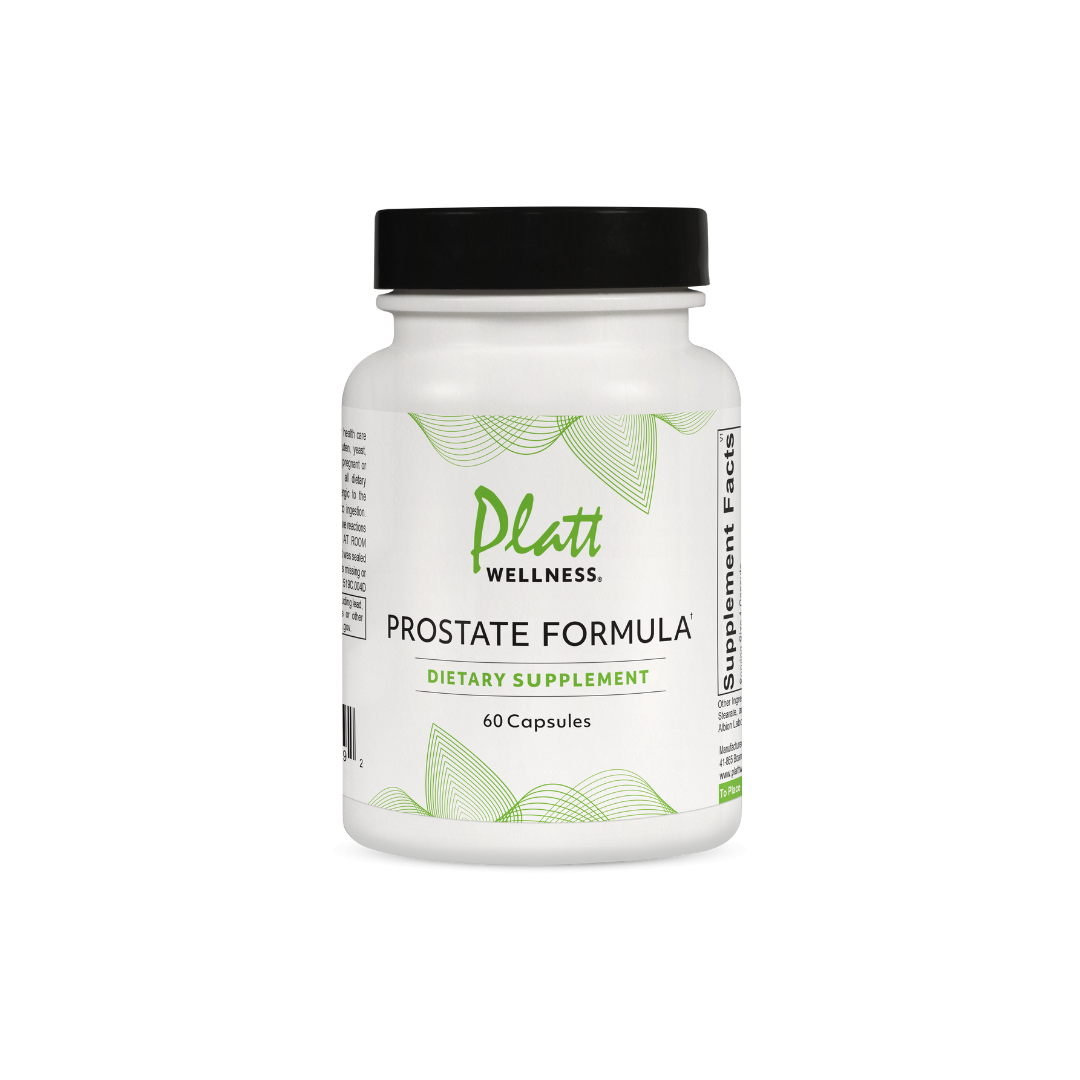Zinc is a known trace mineral that boosts our immune system and is particularly important to take daily to help build your immune system to protect against COVID-19. In a recent article in Medical News Today, a review of evidence on zinc suggests the mineral could have protective effects against COVID-19 by boosting immune and curbing inflammation.
Please note that although no specific food or supplement can prevent a person from contracting COVID-19, certain nutrients can help support the immune system’s function.
Why is Zinc depleted in our bodies?
Zinc is found in higher levels in our body than any other trace element but iron. In the days when we were eating an unrefined diet and leading relatively stress-free lives, this was not a problem. However, processing and refining, overcooking and soil depletion where the crops are grown or how the animals are raised affects the levels in our foods. A zinc deficiency is therefore becoming ever more common.
“According to the current estimates, the risk of zinc deficiency is observed in more than 1.5 billion people in the world,” explains lead author of the review Prof. Anatoly Skalny, who heads the Laboratory of Molecular Dietetics at Sechenov University.
A review also found evidence specific to coronaviruses. One study showed that zinc blocks the enzyme responsible for replicating the coronavirus that led to the SARS outbreak of 2002.
Maintaining adequate levels of zinc may help protect elderly individuals from pneumonia and its complications. According to investigators, those with normal serum zinc concentrations in their blood reduced their risk of developing pneumonia by about 50%. Vegetarians may need as much as 50% more zinc than non-vegetarians because of the lower absorption of zinc from plant foods. Diarrhea results in a loss of zinc. Individuals who experience chronic diarrhea should make sure they include sources of zinc in their daily diet and from zinc supplementation.
The researchers also clarify that, although the evidence suggests zinc reduces the risk of respiratory diseases and their complications, there is not enough data to make recommendations regarding zinc intake and COVID-19.
It is also worth noting that consuming excess zinc can have adverse effects, including nausea, loss of appetite, and stomach cramps. Over the long-term, too much zinc has associations with low immunity. The National Institutes of Health provide daily recommended amounts of zinc.
Also of interest, please read my Blog "Bracing for the Twindemic".
Benefits of Zinc include:
- Boosts the immune system
- Zinc helps regulate anti-inflammatory effects especially in pneumonia, limiting the damage to lung tissue.
- Essential for the prostate
- Heals tissue
- Helps prevent macular degeneration
- Controls hair loss
- Halts impotence
- Improves brain function
- Prevents loss of taste or smell
Signs of Zinc deficiencies:
- White spots on your fingernails.
- Prostate problems
- Diabetes
- Infertility (zinc is present at very high levels in seminal fluid)
- Fatigue and poor wound healing.
- Except for the prostate, the eyes absorb more zinc than any other tissue in the body. It is necessary for the prevention of macular degeneration, the most common cause of adult blindness.
Recommended dose: 50 mg per day
